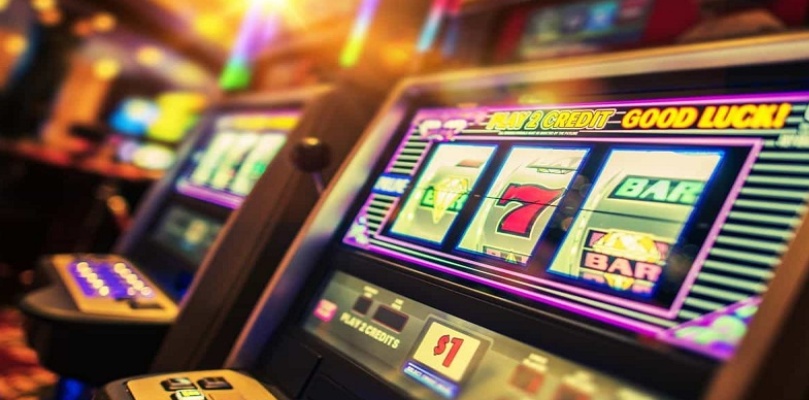Legislators in Missouri have taken steps to legalize and regulate video lottery terminals (VLTs), a move poised to shake up the state’s gambling sector quite a bit. Following its recent approval by the Missouri House Emerging Issues Committee, a new measure is set to be introduced with the intention of licensing and taxing the hundreds of unregulated video slot machines that are now operating inside the state.
Taking Control
For years, unregulated video slot machines have operated in gas stations, bars, and truck stops, existing in a legal gray area. These machines, which pay out cash prizes but lack official oversight, have generated controversy over their legality and impact. The proposed bill seeks to eliminate this uncertainty by requiring all unregulated machines to either transition into the state’s video lottery system or be removed within 18 months.
Operators of VLTs would be subject to licensing and regulation by the Missouri Lottery, which would also be responsible for monitoring the sector for conformity with federal and state regulations. By making the market more open and transparent, this change is expected to reduce or eliminate the dangers of unregulated gambling and provide players with a safer, more equitable gaming experience.
But what about the money? Well, legalizing and regulating the lucrative video slot sector will certainly generate substantial revenue for the state. A fiscal analysis estimates that once fully implemented, the regulated video lottery system could contribute approximately $404 million annually to government revenues. Missouri is very ambitious with its plans to create a sustainable revenue stream while supporting local businesses that rely on gaming income.
To put this into perspective, the bill proposes a revenue-sharing structure that allocates:
- 34% to state and local governments, primarily for education programs
- 34% to the companies providing the terminals
- 33% to retail locations hosting the machines
Mixed Reactions from Stakeholders
Unsurprisingly, the new bill has sparked debate among industry stakeholders. Missouri’s casino operators have historically opposed the expansion of VLTs outside of their licensed locations, arguing that it could dilute revenue from traditional casino gaming. The Missouri Gaming Association, for instance, has voiced strong opposition to legalizing video slots outside of casinos, fearing that widespread VLTs could impact their market share.
On the other hand, video lottery vendors see regulation as an opportunity to solidify their presence in the state’s gaming ecosystem. Companies like Torch Electronics, a major provider of unregulated machines, will need to decide whether to comply with the new framework or exit the market. The ongoing legal disputes over the definition of “games of chance” further complicate the regulatory landscape.

